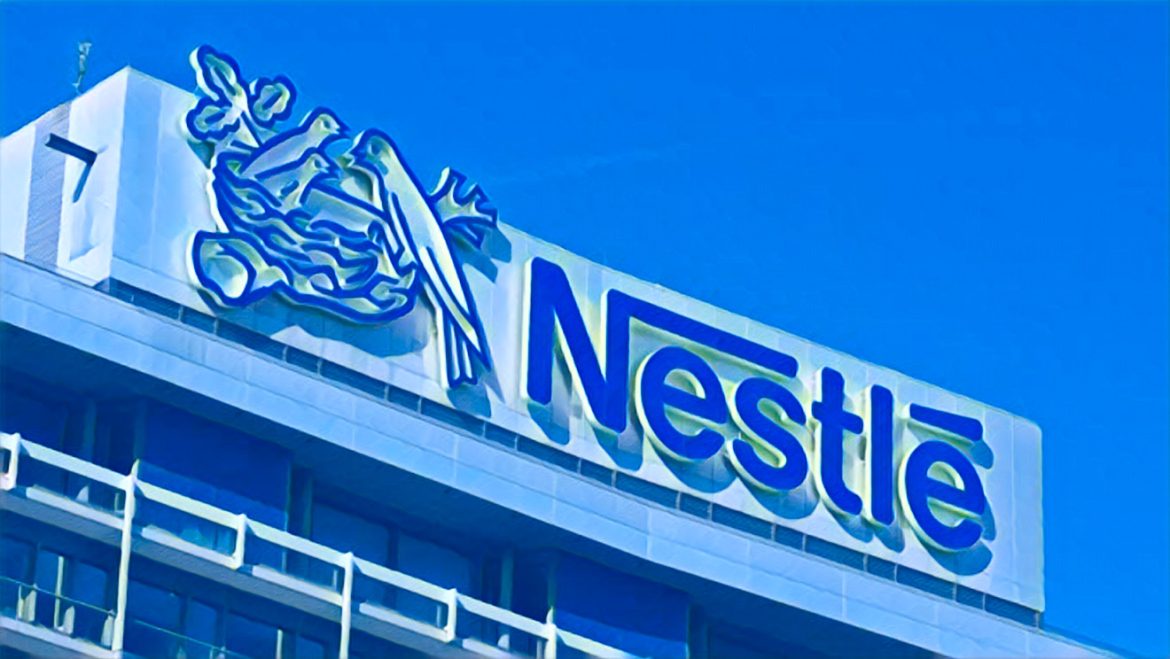KEY POINTS
-
Nestlé Zimbabwe is commissioning a US$7 million roller dryer to expand cereal production by over 35%.
-
The investment supports Zimbabwe’s Industrial Reconstruction and Growth Plan, with positive impacts across the agricultural and manufacturing value chains.
-
The project reinforces Nestlé’s commitment to local economic empowerment, food security, and regional export growth.
Nestlé Zimbabwe is set to commission its fourth roller dryer this Wednesday as part of a major plant expansion project aimed at increasing production efficiency and meeting both local and regional demand for its cereal products.
The commissioning ceremony will be overseen by the Minister of Industry and Commerce, Nqobizitha Mangaliso Ndhlovu, and marks a significant milestone in the company’s contribution to Zimbabwe’s industrial growth and Vision 2030 goals.
The roller dryer, a specialized industrial machine used to dry substances through heat and pressure, will be integrated into Nestlé Zimbabwe’s cereal production plant in Harare.
The investment, valued at US$7 million, is expected to boost the company’s monthly output by more than 35%, adding to the current average production volume of 730 tonnes of cereal per month.
The investment strengthens Zimbabwe’s agro-processing sector
According to Nestlé Zimbabwe’s Corporate Communications Officer, Tavia Matikiti, the new roller dryer will enhance production capacity and operational efficiency, enabling the company to better serve its growing customer base. “This investment will not only help us meet local market demand but also support our ambitions to scale up exports across Southern Africa and beyond,” she stated.
The popular Cerevita brand, which has become a staple breakfast item in many households across Zimbabwe and neighboring countries, will benefit directly from the expanded processing capacity. Nestlé’s enhanced output will allow for improved availability of this and other cereal products in the market, while also strengthening the supply chain from local sourcing to final packaging.
Matikiti added that the expansion aligns with Zimbabwe’s Industrial Reconstruction and Growth Plan. “This project contributes to national priorities including food security, skills development, and economic empowerment. The impact is felt throughout the value chain—from farming and logistics to packaging and maintenance services,” she noted.
Herald online reports that the company’s investment reflects a growing trend of private-sector engagement in Zimbabwe’s post-pandemic recovery strategy. With increased collaboration between government and industry, initiatives such as the Zimbabwe Reconstruction and Growth Plan have encouraged new capital injections into manufacturing and agro-processing, particularly by companies with longstanding local operations like Nestlé.
Minister Ndhlovu is expected to underscore the role of industrial modernization in Zimbabwe’s broader Vision 2030 agenda during the commissioning ceremony. Vision 2030 aims to transform Zimbabwe into an upper-middle-income economy, with a strong focus on infrastructure, agriculture, manufacturing, and technology-driven growth.
Nestlé’s fourth roller dryer is also expected to contribute to job retention and possibly job creation as the company scales up operations. While no official employment figures have been released in connection with the new installation, Matikiti emphasized that “every investment we make creates economic opportunities not only within our plants but also across the communities we serve.”
This move places Nestlé Zimbabwe among the top local manufacturers actively supporting Zimbabwe’s economic recovery and development goals through infrastructure upgrades, export diversification, and technology-driven industrialization.


